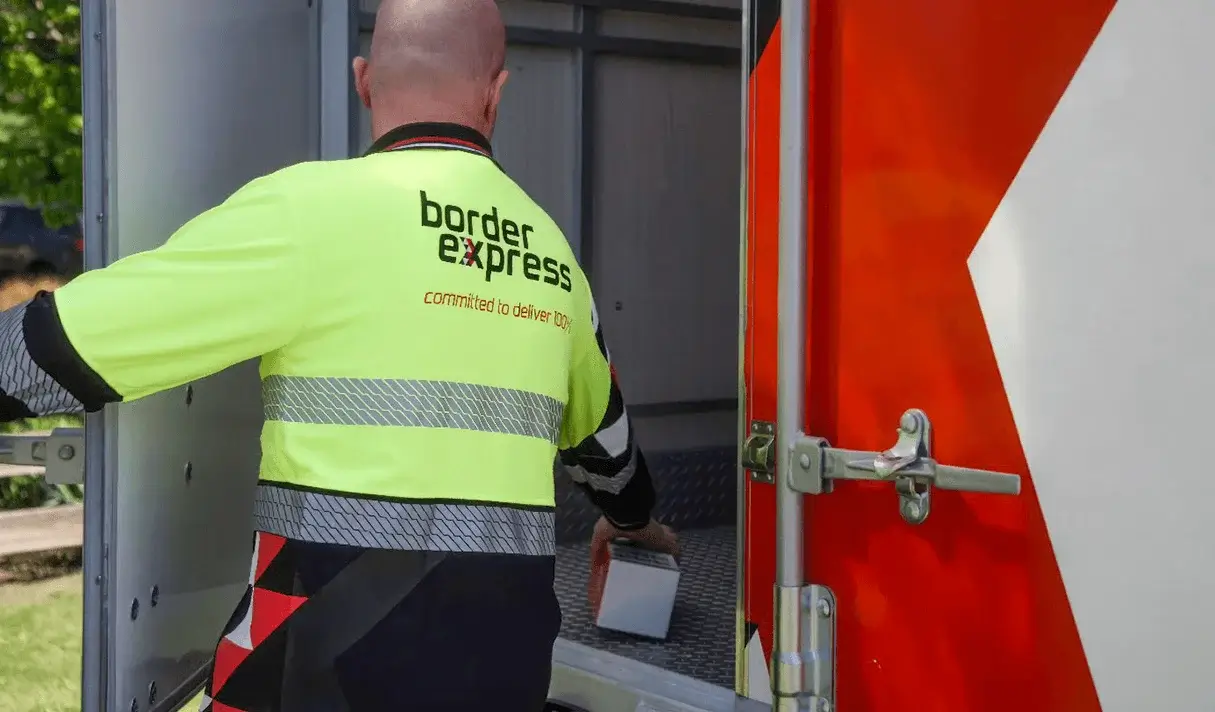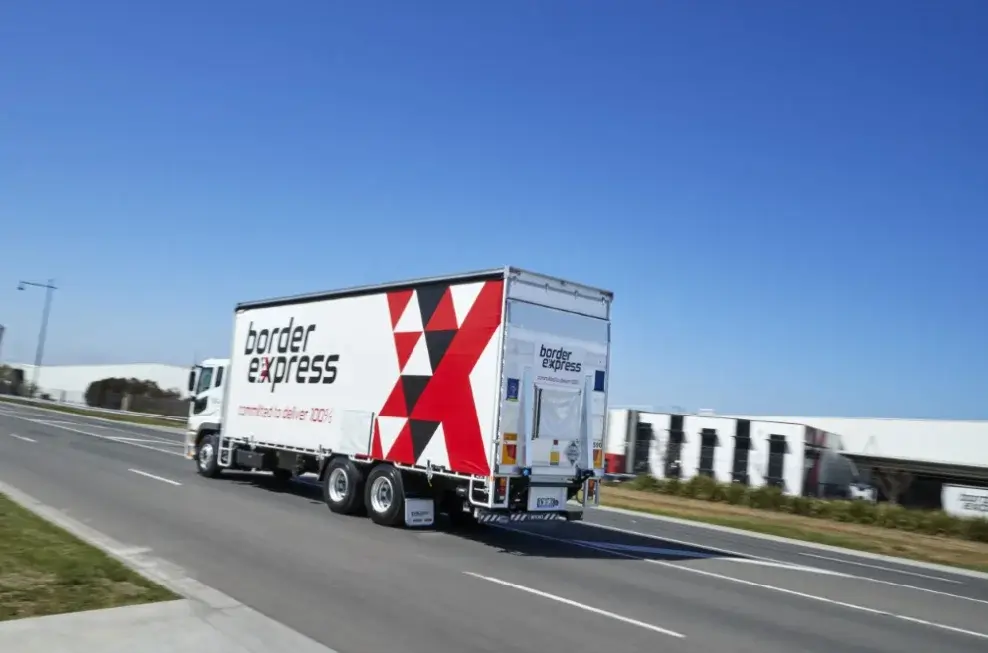News & Stories
Navigating Supply Chain Disruptions
February 2024

In an era marked by unprecedented challenges and disruptions, the logistics and transport industry faces a growing need for robust supply chain management strategies. There are ongoing challenges such as labour shortages, high fuel prices, transportation bottlenecks, extreme weather events, and inflation, paired with the urgency for businesses to secure their supply chains.
Understanding Supply Chain Disruptions
Supply chain disruptions can stem from internal or external factors, with issues ranging from labour shortages and transportation delays to extreme weather events. Internal and external risks pose unique challenges, requiring a comprehensive approach by our team.
Types of Disruptions and Their Prevalence in Australia
In the Australian landscape, supply chain disruptions can be attributed to various factors such as natural disasters, labour shortages and transportation delays. Many Australian companies list natural disasters and adverse weather events among their top five supply chain risks for the coming five years. Labour shortages, particularly in the trucking industry, contribute to transportation delays, emphasising the need for innovative solutions in Australia.
Identify Potential Risk Factors and Contingency Plans
Our team of managers and experts, register and address known risks systematically. Utilising predictive analytics, what-if scenarios, and estimations of value-at-risk can assist in assessing exposure and preparing for potential disruptions. And therefore, can develop contingency plans.
Establishing agile supply chain operations and upholding excellent supplier relationships is vital. Our robust contingency plans at Border Express include steps from identifying the cause of a disruption to rebalancing labour resources and shifting departure schedules. Regular reviews and updates to the contingency plan are essential to ensure its effectiveness during crises.
Monitoring and Analysing Supply Chain Data and Implementing Automation Solutions
Enhancing visibility through digital tools, including scanners and IoT devices, is crucial. This enables real-time tracking and maintenance data analysis, helping us proactively manage any issues.
Automation plays a pivotal role in managing disruptions. We continue to implement the latest technology to assist with automated solutions to streamline each process that can contribute to efficiency. Automation not only reduces errors but also frees up the workforce for more complex work.
Managing supply chain disruptions is a multifaceted challenge requiring proactive strategies and continuous adaptation. Our team identifies potential risk factors and continues to strengthen supplier relationships, to help navigate disruptions effectively.
The bedrock of the reliable service provided by Border Express is a robust Sales and Operational planning system that has allowed us to forecast volume by branch and by sector in a dynamic, fast paced express freight environment. By leveraging digital technologies, automation, and fostering collaborative relationships, we can build resilience and ensure the seamless flow of goods in the face of ongoing and emerging challenges in the Australian supply chain landscape.





